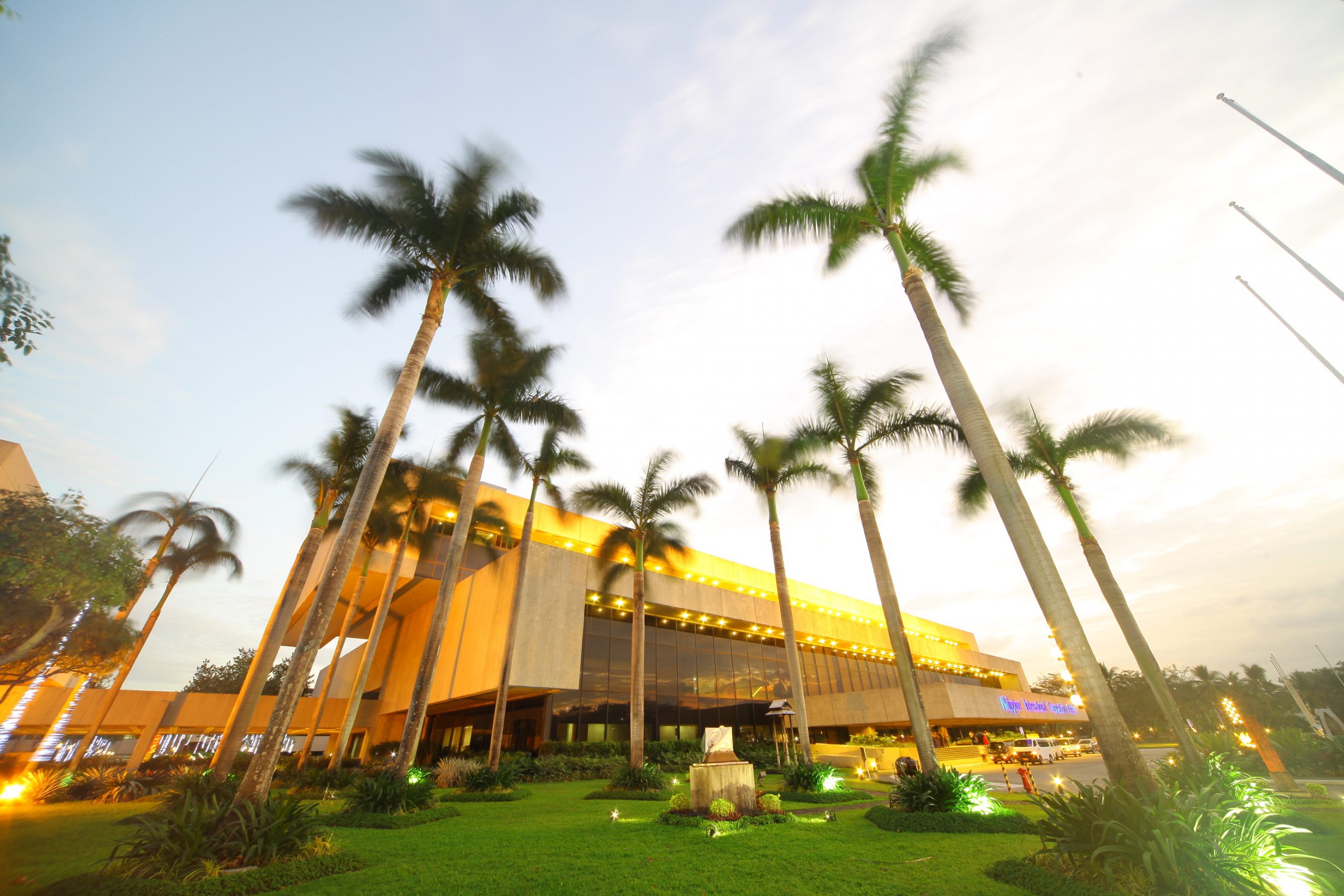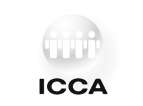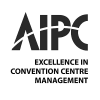REPUBLIC OF THE PHILIPPINES
All content is in the public domain unless otherwise stated.

Environmental Responsibility in Venue Management and Operations
By Atty. Armando L. Suratos
Manila Bulletin, June 7, 2019
Events in huge venues such as convention centers, arenas and exhibition halls tend to produce large quantities of waste products and requires a huge amount of energy. The responsibility of mitigating the environmental impact of events does not solely lie on the organizer, but on the venue as well.
Bangko Sentral ng Pilipinas (BSP) Governor Benjamin E. Diokno, who chairs the Board of Directors of the Philippine International Convention Center (PICC), remarked, “We encourage green event and convention planning, which has become an established trend in the global tourism and convention industry.”
To reduce its carbon footprint, PICC has been adapting sustainable practices in its operations. The 43-year old center implements various environmental programs on energy efficiency, water conservation and sewage treatment, waste management and other environmental practices in air quality, upkeep of buildings and lawns, and food and beverage services. PICC continuously evaluates existing practices and looks for new and better alternatives that support sustainability, lessen negative environmental impact and make business sense.
According to Atty. Renato B. Padilla, General Manager of the PICC, “the convention center adopts the best global practices in its management and operations to ensure the successful staging of all events, big or small.”
Energy Efficiency
The PICC recently inaugurated its solar photovoltaic (PV) system in collaboration with the PNOC- Renewables Corporation. A total of 1,050kWp of solar PV panels were installed in four (4) buildings within the PICC Complex, such as the Reception and Plenary Hall (600kWp), Secretariat Hall (210 kWp), and Delegation Hall 240 kWp). It is the largest solar PV system installed by the PNOC RC to date, with a capacity to produce 1,050,000 kWh of electricity and provide clean solar energy. Apart from clean energy, this facility could also offset at least 1,000 metric tons of carbon emissions from fossil fuel energy sources.
The PICC started its energy conservation program through the improvement of its equipment operation process years before it launched its solar PV system. 40 percent of the centralized air conditioning system has been replaced with packaged units and variable refrigerant volume (VRV) air conditioning systems at the Delegation and Secretariat building starting in 2013. This resulted in a 24% reduction in kWh power consumption, equivalent to Php19.7M in savings annually.
The Delegation Lobby’s signature 3,068 droplights as well as the grand chandeliers at the Reception Hall have also been converted to LED in 2012 & 2015, respectively, generating savings of 67,494 watts. Because of the conversion from incandescent bulbs to LED, PICC has saved 407,880 watts in its power consumption since 2005, which is equivalent to Php 12.9 million
Water Conservation and Sewage Treatment
The Center is one of the few establishments around the Manila Bay area with a sewage treatment plant (STP). It was installed in 2009 to control waste water parameters/conditions like biochemical oxygen demand, total suspended solids, oil and grease, color and total coliform. The most recent laboratory test undertaken by a third party accredited by the Department of Environment and Natural Resources in January 2019 showed that the PICC is within the standard limit for oil and grease effluent and compliant with environmental rules and regulations. The recycled water from the STP is used to water plants, trees and lawns.
Signages within and outside the Center urge employees, tenants and guests to conserve water and power.
Green Environment
Plants are provided in the PICC’s interiors and surrounding the exterior areas. It has its own greenhouse where the plants are grown and used in pocket gardens during events. The 12-hectare property has forest variety and fruit bearing trees, and the harvested fruits (mango, jackfruit, santol and buko) are shared with the employees. Organic-based fertilizers and pesticides are used to make the plants vigorous and healthy, and the use of chemical fertilizers have been reduced to the minimum and only applied whenever and wherever necessary.
The PICC strictly implements a “no smoking policy” within its premises following Executive Order No. 26 which prohibits the use of tobacco products in all public places in the Philippines. Air quality tests are regularly conducted within the complex and its meeting rooms to ensure the quality of indoor air.
Parked vehicles are monitored to ensure that engines are turned off to lessen carbon emission.
Locally available non-toxic and environment friendly products are used for cleaning. Biodegradable waste materials are segregated, while paper materials are sent to recycling facilities.
Waste segregation is practiced through labeled trash bins, while event and conference organizers are asked to bring with them all printed literature left behind by their attendees and delegates.
Employee Engagement
Aside from constantly encouraging employees to imbibe the reduce, reuse and recycle behavior in the workplace, management and staff of PICC have an annual seed-sowing activity to commemorate Earth Day every April. Employees plant hundreds of narra seeds which are then propagated in the PICC greenhouse and donated to various government agencies and NGOs for their own tree-planting activities.
Future plans
Sustainability has become the norm nowadays, but PICC has long been upholding green operational standards. To further minimize its impact on the environment and help its bottomline in the long run, PICC shall continue its air conditioning replacement program, upgrade its escalators to units with sensors, and promote green practices with its partners and clients.
An example of this is the PICC’s upcoming partnership with Green Architecture Advocacy Philippines (GreenAP) by being the venue of the 16th Green Forum on August 30-31, 2019. One of the highlights of the forum, which carries the theme Sus10ability Through the Decade, is a walking tour of the PICC that will showcase its sustainable strategies.
Gov. Diokno shared that “on a macro scale, we push for green banking and sustainable finance. Closer to home, we advocate the use of applicable and appropriate technologies in place for a safe, healthy, and efficient work environment. We will continue to work on ways to minimize the burden to the environment. Going green is the way to go.”





